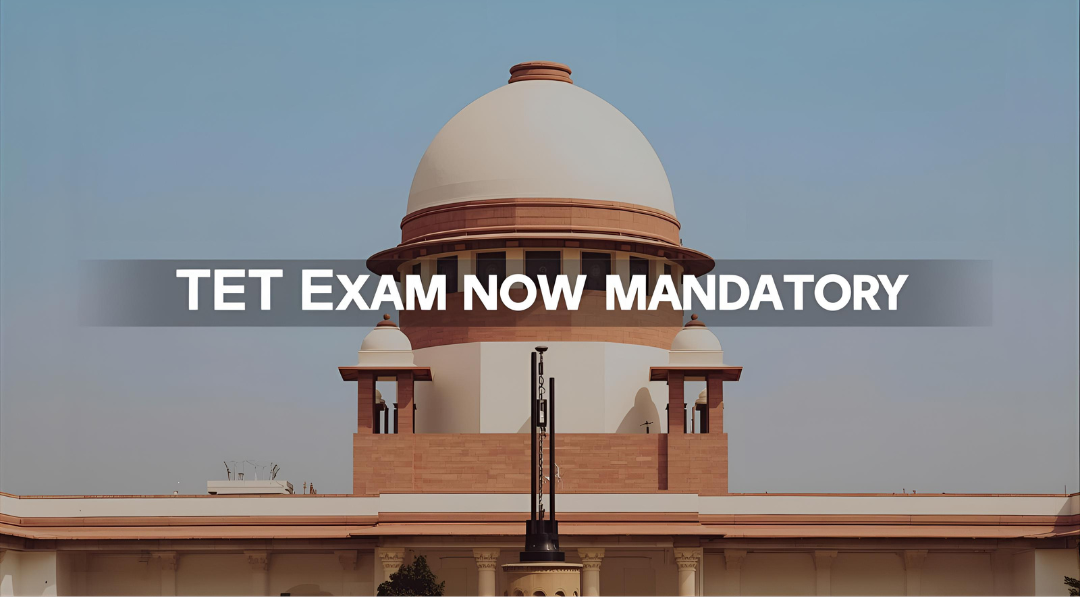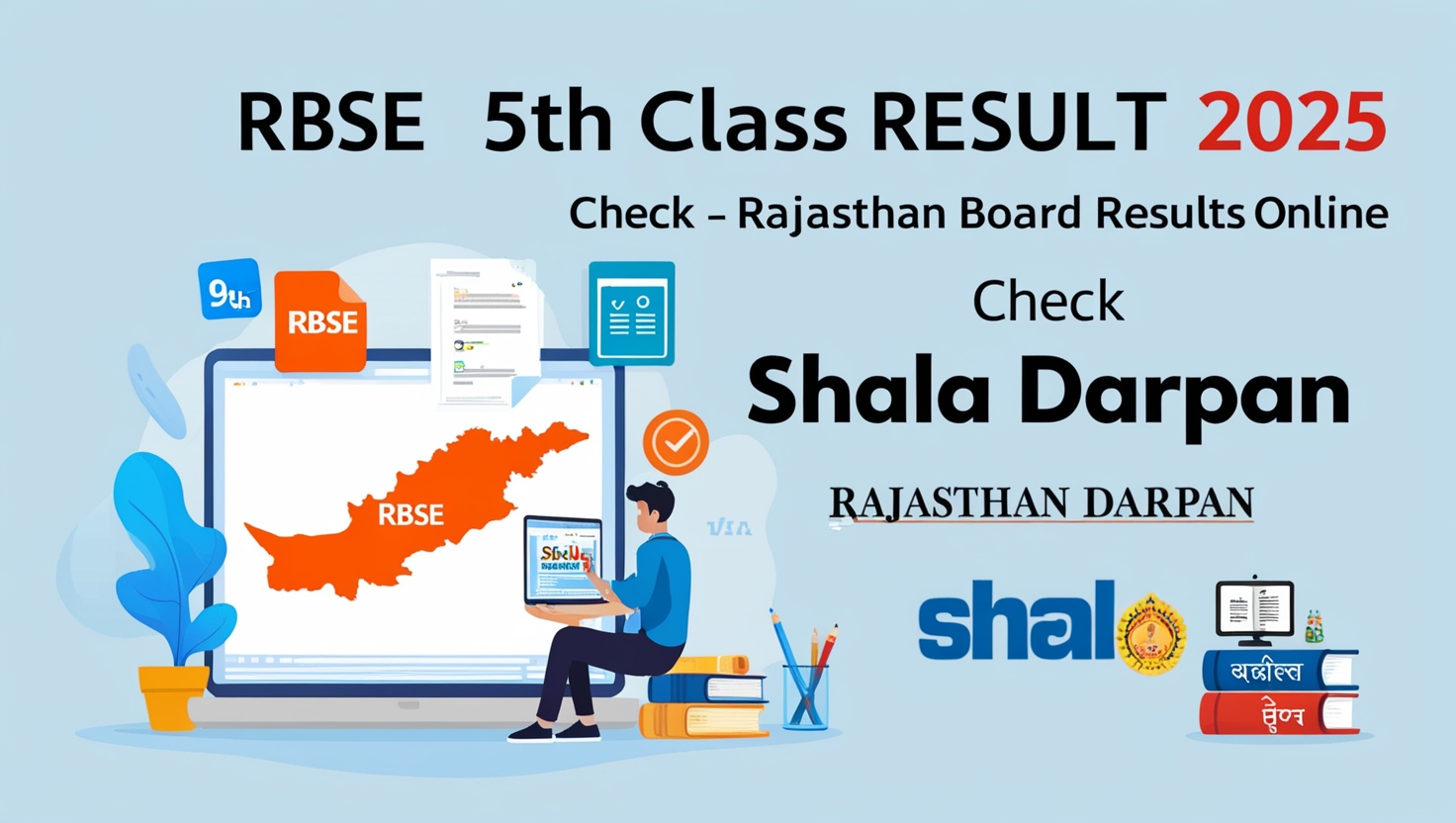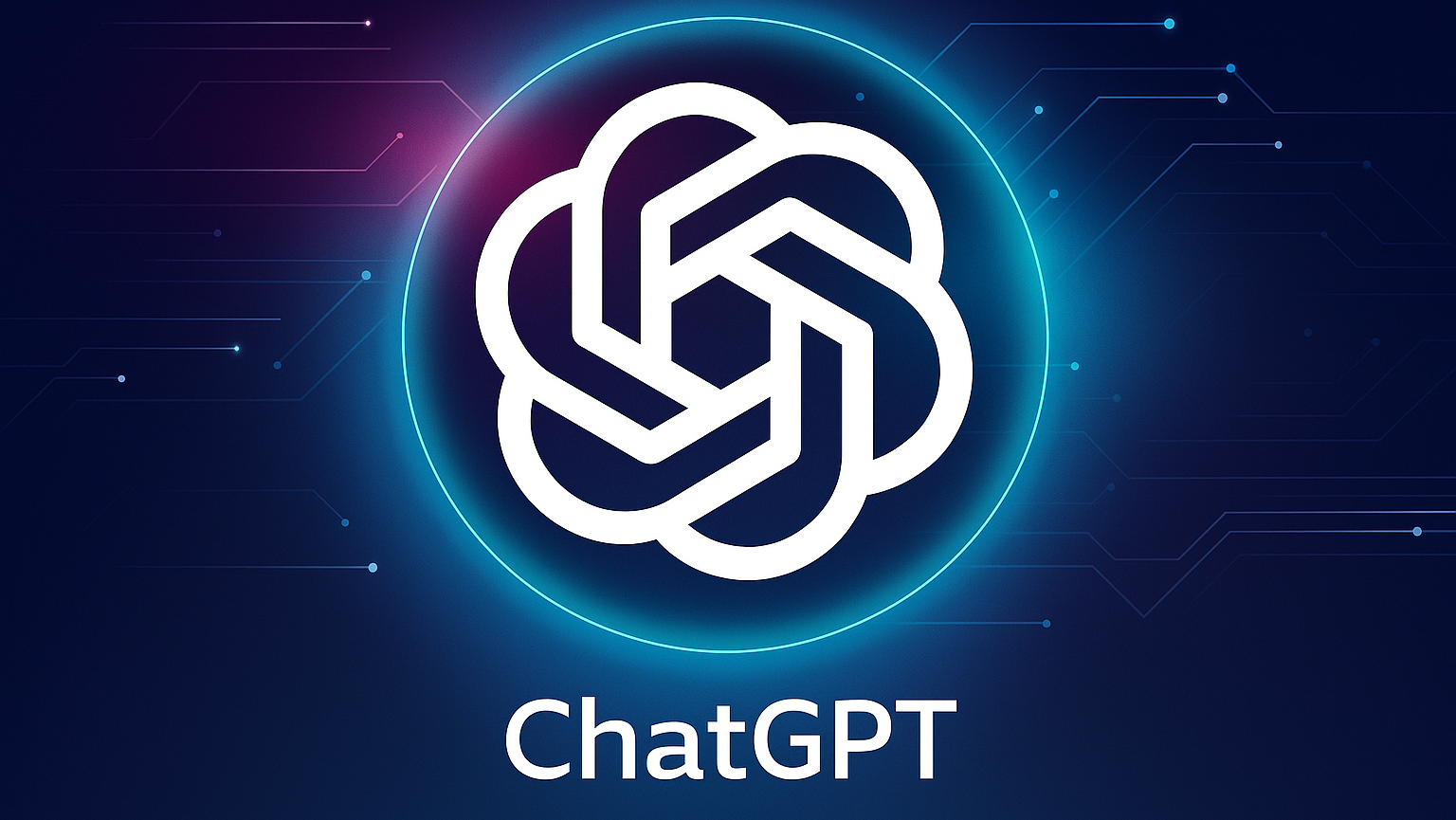On 2 Sep 2025, the SC ruled TET essential for teaching service and promotions. In-service teachers with >5 years left get 2 years to comply.
In a landmark verdict delivered on 2nd September 2025, the Supreme Court of India has ruled that the Teacher Eligibility Test (TET) is now a mandatory qualification for school teachers—not just for new appointments but even for those already in service seeking promotions or retaining their positions beyond certain thresholds. This decision is set to redefine the landscape of teaching employment in India.
Key Highlights of the Verdict
- TET mandatory for recruitment and promotion
The apex court made it clear: to be appointed as or promoted to a teaching role (Classes I-VIII), passing the TET is non-negotiable. This applies across non-minority schools immediately. - In-service teachers with more than five years to retire
Teachers appointed before the Right to Education (RTE) Act and having more than five years of service left must clear the TET within two years, failing which they may face compulsory or voluntary retirement, albeit with terminal benefits. - In-service teachers with less than five years to retire
Those nearing retirement (less than five years left) are relieved from the TET mandate as a condition to continue in service. However, promotion will remain inaccessible unless they qualify the exam. - Minority institutions’ exemption under review
The Court referred the question of whether minority-run schools fall under this TET mandate to a larger Constitution Bench, thereby temporarily exempting them from the requirement.
Why This Verdict Matters
1. Upholding Educational Standards
TET has long been a threshold to ensure a baseline of competency among teachers, as mandated by the RTE Act. Expanding its reach to in-service teachers aligns with the right to quality education for children.
2. Balancing Ground Realities with Reform
By granting a two-year grace period for those with significant service remaining—and preserving terminal benefits—the verdict strikes a pragmatic tone, acknowledging logistical challenges while asserting higher standards.
3. Landmark Shift for Minority Institutions
Referring the minority institutions matter to a larger bench opens up crucial constitutional questions around the balance between Article 21A (Right to Education) and Article 30(1) (Minority Rights). A possible re-evaluation of the older Pramati judgment signals potential reforms.
Who is Affected & Action Timeline
| Teacher Category | TET Requirement | Timeframe / Impact |
|---|---|---|
| New applicants (all schools) | Mandatory to apply | No job without TET |
| In-service, >5 years to retire (pre-RTE) | Must clear TET | Within 2 years; otherwise compulsory retirement |
| In-service, <5 years to retire | Not required to continue | Can continue till retirement; ineligible for promotion |
| Minority institution teachers | Exempt for now | Pending larger Bench decision |

Implications for Teachers and Education Authorities
- Teachers
Those with significant service left must prioritize TET preparation immediately. Even close-to-retirement educators may consider clearing TET if promotion is relevant. - Schools and Education Departments
Must update HR policies, issue circulars about the two-year mandate, and set up support for teachers needing to take TET. Collaboration with bodies like CTET/State TET administrations is essential. - Policy Analysts & Education Advocates
This verdict could catalyze broader shifts in teacher training, professional development, and institutional accountability. Keeping track of the larger Bench’s decision on minority institutions is vital. - Students & Parents
Ultimately, children stand to benefit from a more qualified teaching workforce committed to higher standards of learning.
External Sources (For Reference & Credibility)
- NDTV’s coverage explains that TET now forms a mandatory qualification for appointment, promotion, and retention.www.ndtv.com
- The New Indian Express highlights the exemption for teachers with under five years left and the promotion clause.The New Indian Express
- LiveLaw and others detail the referral of the minority institutions issue to a larger Bench.Live LawMooknayak
- Background on TET’s creation, governance, and purpose from Wikipedia adds foundational knowledge.Wikipedia
FAQ on Supreme Court’s TET Mandatory Verdict
Q1. Is TET mandatory for school teachers after the Supreme Court verdict?
Yes. The Supreme Court has ruled that TET is mandatory for recruitment, promotion, and continuation in service for teachers in non-minority schools.
Q2. Do in-service teachers also need to clear TET?
Yes. Teachers with more than 5 years left before retirement must clear TET within 2 years. Those with less than 5 years to retire can continue without TET but won’t be eligible for promotions.
Q3. Are minority school teachers required to clear TET?
Not for now. The Supreme Court has referred the issue to a larger Constitution Bench, and a final decision is awaited.
Q4. What happens if an in-service teacher fails to clear TET within the deadline?
They may face compulsory or voluntary retirement but will still receive terminal benefits.
Q5. Why did the Supreme Court make TET mandatory?
The Court emphasized that TET ensures quality teaching standards and aligns with the Right to Education (RTE) Act to safeguard children’s right to quality education.
Conclusion
This Supreme Court verdict (dated 2 September 2025) reshapes the educational landscape by making TET a clear, enforceable requirement for teacher retention and promotion, while also offering transition time for those serving longer. The pending review for minority institutions may further reshape the legal framework of inclusivity in education. For the sake of academic quality, governance, and fairness, staying informed and proactive is now essential for all education stakeholders.





3 thoughts on “Supreme Court: TET Now Mandatory for All School Teachers to Continue in Service”